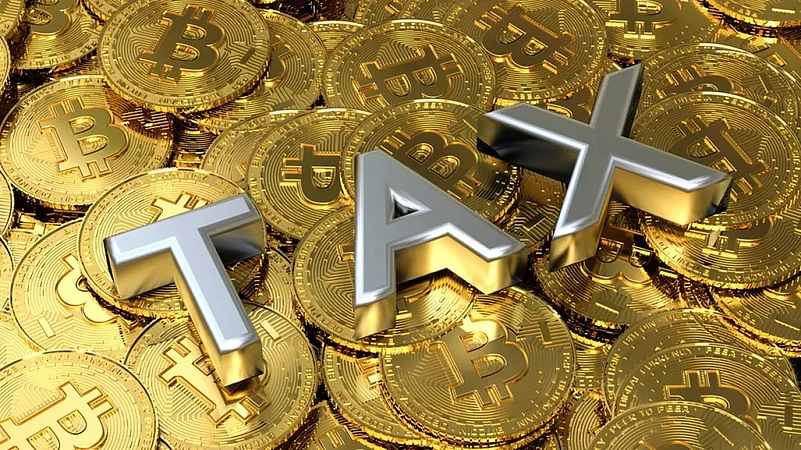Replying to a question in parliament, Minister of State for Finance (MoS) Pankaj Chaudhary said the government has collected Rs 60.46 crore in tax for transactions in virtual digital assets since July this year.
The government introduced the new tax rules for crypto assets in July.
Post insertion of Section 194S in the Income-tax Act, 1961, "318 direct tax challans" were received, amounting to Rs 60.46 crore, the MoS said in a written reply to Rajya Sabha.
A 30 per cent tax, besides a fee and a cess, was imposed on the transfer of cryptocurrencies , like Bitcoin, Ethereum, Tether, etc., as of April 1.
Also, a one per cent tax is deducted at source (TDS) under section 194S of the I-T Act starting July 1 on payments exceeding Rs 10,000 for virtual digital currencies to keep track of the money trail.
The minister added that there is currently no crypto regulation in India, and the government does not register any foreign crypto exchanges.
"Crypto assets are by definition borderless and require international collaboration to prevent regulatory arbitrage," Chaudhary said.
Reacting to the minister's comments, Manan Vora, senior vice president of strategy and business operations at Liminal, a digital wallet platform, said the tax regime introduced this year is a step in the right direction, "bringing legitimacy" to the key industry stakeholders.
"Considering the bear market of 2021 and the corresponding taxes collected indicate, the market is still active, and users still have faith in the industry. Crypto markets, if regulated in the right manner, can be beneficial to both the government and the industry," he said.
Crypto industry experts believe investors will feel more secure with regulations in place, allow innovation, foster financial stability , and increase the attractiveness of the crypto asset sector.













